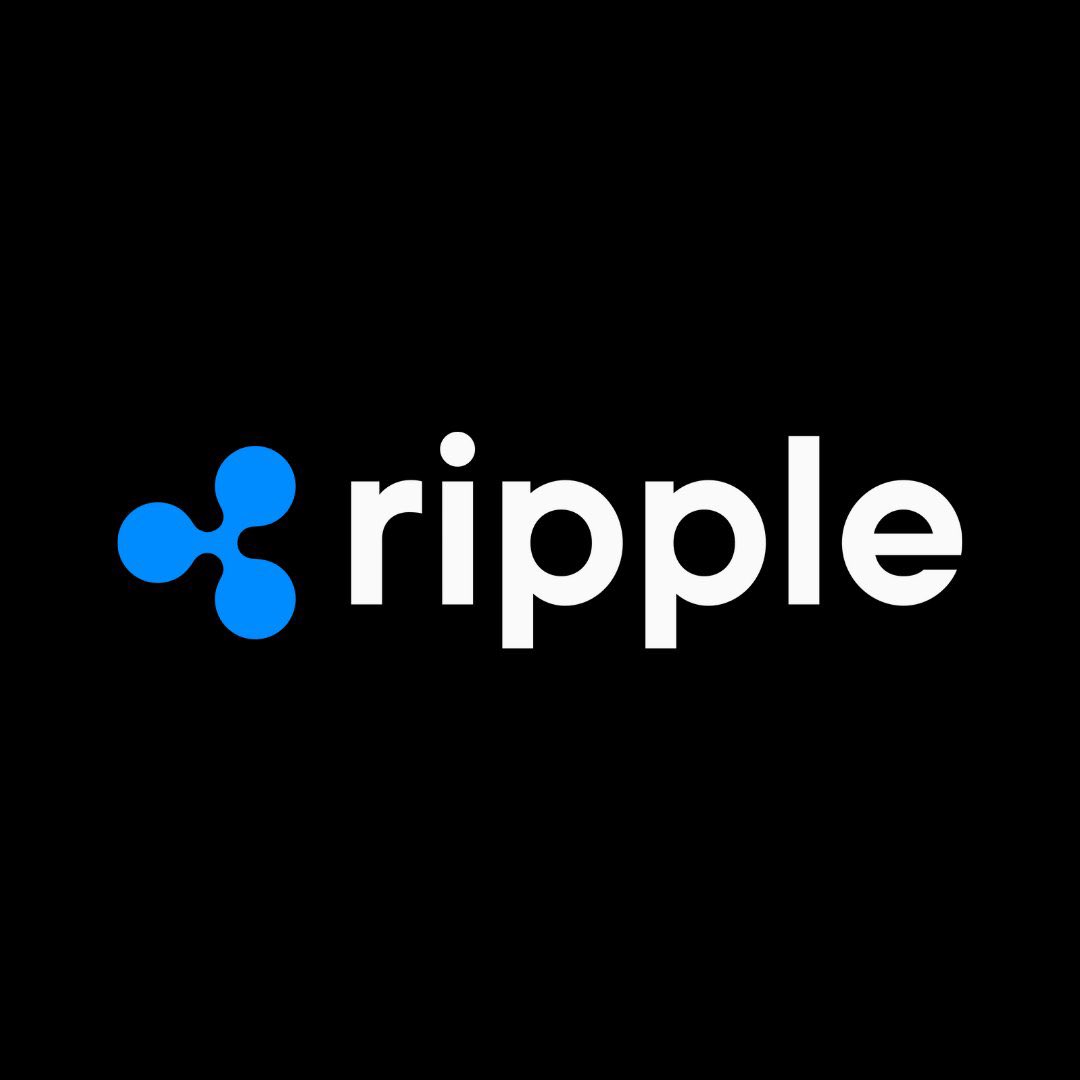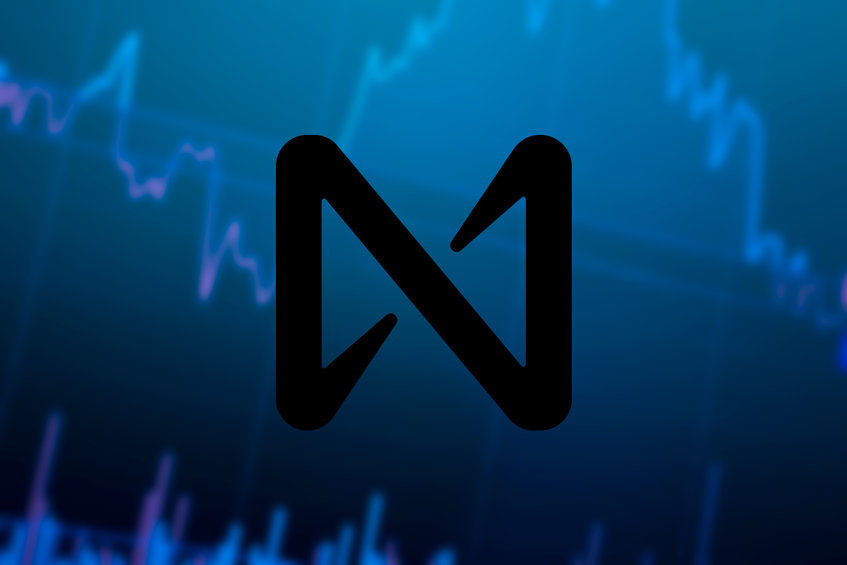Ripple has announced the acquisition of Palisade, a crypto wallet and custody infrastructure firm, which complements its strategy to bolster next-generation payments infrastructure for fintech, crypto-native, and corporate clients.
Palisade’s wallet-as-a-service technology enables rapid creation and deployment of secure digital wallets across multiple blockchains. This supports use cases in real-time payments, on- and off-ramps, and treasury operations.
The integration of Palisade’s multi-party computation and zero-trust architecture into Ripple’s custody solution aims to provide banks, fintechs, and corporates with a reliable platform for managing digital assets, stablecoins, and real-world tokens.
Ripple’s President Monica Long emphasized that secure digital asset custody is foundational for enterprise adoption as corporations move into active participation in the crypto space. The acquisition enables Ripple to serve customers who require sophisticated infrastructure for instant wallet setup and secure asset management.
Ripple Builds on Expansion Plans
This acquisition marks Ripple’s fourth major deal in 2025. This follows prior purchases of prime broker Hidden Road, stablecoin infrastructure firm Rail, and treasury tech provider GTreasury. Ripple’s approach is to build a crypto-native alternative to legacy financial rails, integrating custody, payments, and liquidity into a unified service.
Ripple now holds more than 75 global regulatory licenses, supporting institutional clients. These clients include BBVA, DBS, and Société Générale’s crypto division. The Palisade deal, alongside these licenses, positions Ripple to serve clients wanting a compliant, secure entry into digital assets and tokenized economies.
With stablecoin adoption accelerating and payment volumes reaching nearly $20 billion year-to-date, Ripple’s infrastructure focuses on processing faster, lower-cost transactions across ecosystems sensitive to speed and compliance.
How Institutions Benefit from the Partnership
Ripple’s purchase of Palisade responds to growing needs. These include institutional-level security, agility, and interoperability in digital asset management.
To meet evolving technological and legislative requirements, Ripple strives to provide infrastructure that supports cross-chain wallet management. It also aims to provide token custody and interface with both traditional and decentralised finance.
As blockchain and tokenised payments develop, these features help corporations and financial institutions. This is because the integration solidifies Ripple’s place in the growing digital asset market.
READ MORE: Crypto Crash Today: Why Altcoins Like Dogecoin, Pepe Coin, Shiba Inu are Going Down












